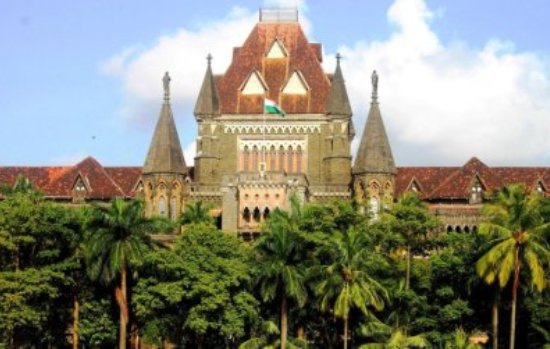Mahima
A constitutional bench comprising of Justices Ashok Bhushan, L Nageswara Rao, S Abdul Nazeer, Hemant Gupta and Ravindra Bhat is hearing the case of Jaishri Laxmanrao Patil v Chief Minister. The petitions question the validity of Maharashtra State Reservation for Socially and Educationally Backward Classes (SEBC) Act after it extended a 16% reservation for the Maratha community.
Advocate RK Deshpande submitted, “At the time, after the 102 nd amendment, there was neither a State list of SEBC; neither
report of Backward Classes was there, only a list of backward classes excluding SEBC was there”.
Senior Advocate BH Marlappalle submits that doctrine of extraordinary circumstances evolved in the Indra Sawhney case cannot be made applicable to a ruling, dominant community. He also highlighted that Maratha’s demands of being treated as OBC or
equivalent to Kunbi has been considered and rejected by three state commissions and two national commissions.
The Supreme Court in previous hearings observed that affirmative actions to uplift socially and educationally backward classes (SEBCs) should move beyond reservation. Justice Ravindra Bhat questioned,
“Why can’t other things be done? Why not promote education, establish more institutes? Somewhere, this matrix has to move beyond reservation”.
Senior Advocate Gopal Sankaranarayanan submits that the Centre always had the authority to identify SC/ST, the states were authorized after the Indra Sawhney Case. Responding to the Court’s query as to why the sudden need to unify the lists arose, Gopal
teamed with Dr. Dhavan’s opinion that repeated violence by various caste groups disrupting civil life might be the reason behind Parliament’s intention to centralise the list.
He argued in favour of the 102nd amendment but rejected Attorney General’sclarification that states will be left with powers to fix reservations. He also argued that the misunderstanding around 50% capping is caused by the executive and cited the example of Rajasthan where a legislation bypassed the 50% ceiling, SLP in Supreme court was dismissed and then the government brought another law and that the 50% wall is breached by the government “every time that they want some political end”.
Senior Advocate Pradeep Sancheti highlighted the representations of Marathas in various aspects of society, such as politics, agriculture, etc, and explained that people from slums and dabbawalas are backward as a group and not just Marathas out of that.
Advocate VK Biju submitted that politicians always talk about inclusion and never about those who have been uplifted.
Advocate Shriram P Pingle contends that endeavours should be made to remove caste-based reservations in a phased way as caste has been politicised beyond limits. To his submissions, the Court maintained, “This case might be a beginning, all reservations may go and only EWS may remain but these are policy matters.”
Justice Ashok Bhushan appreciated Pingle’s submissions and remarked, “That is for parliament and legislature. It is a welcome idea… When the Constitution was enacted, the object was a casteless, egalitarian society”.

